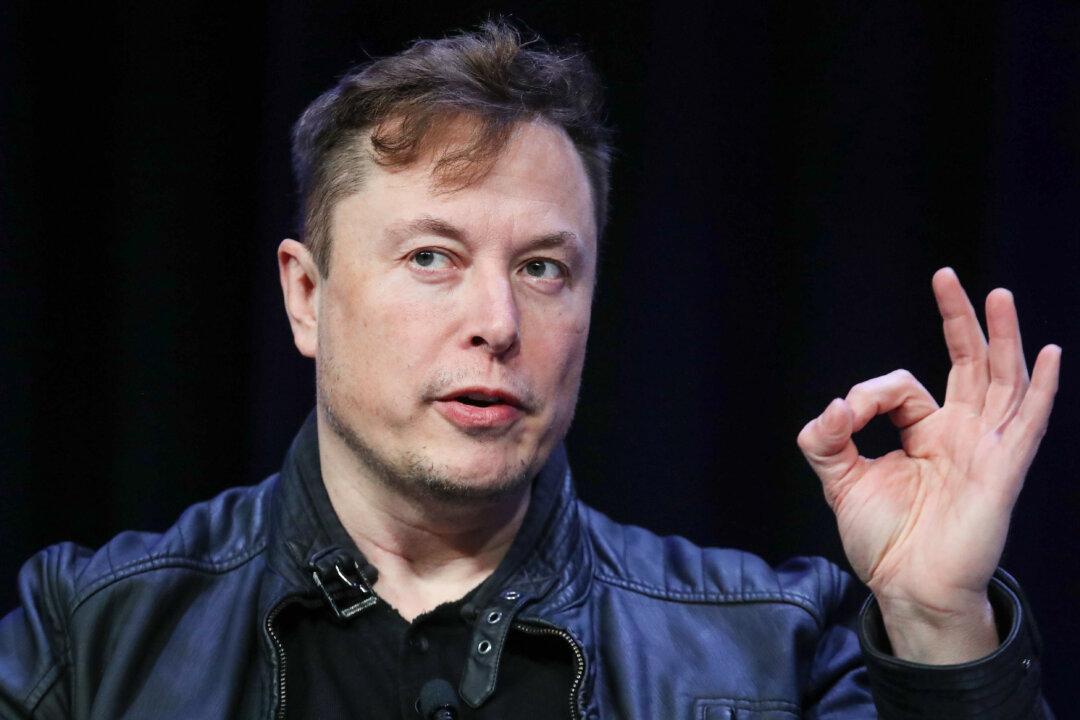Billionaire entrepreneur Elon Musk has issued a stark warning that artificial intelligence (AI) has the potential to destroy civilization, citing the need for a new “pro-human” AI option that seeks the truth.
In a recent wide-ranging interview on Fox News’ “Tucker Carlson Tonight” that aired Monday night, Musk cautioned that existing AI technologies, such as Microsoft-aligned “ChatGPT” and Google-owned “DeepMind,” are being trained to be politically correct, which he believes is leading to an AI dystopia.





